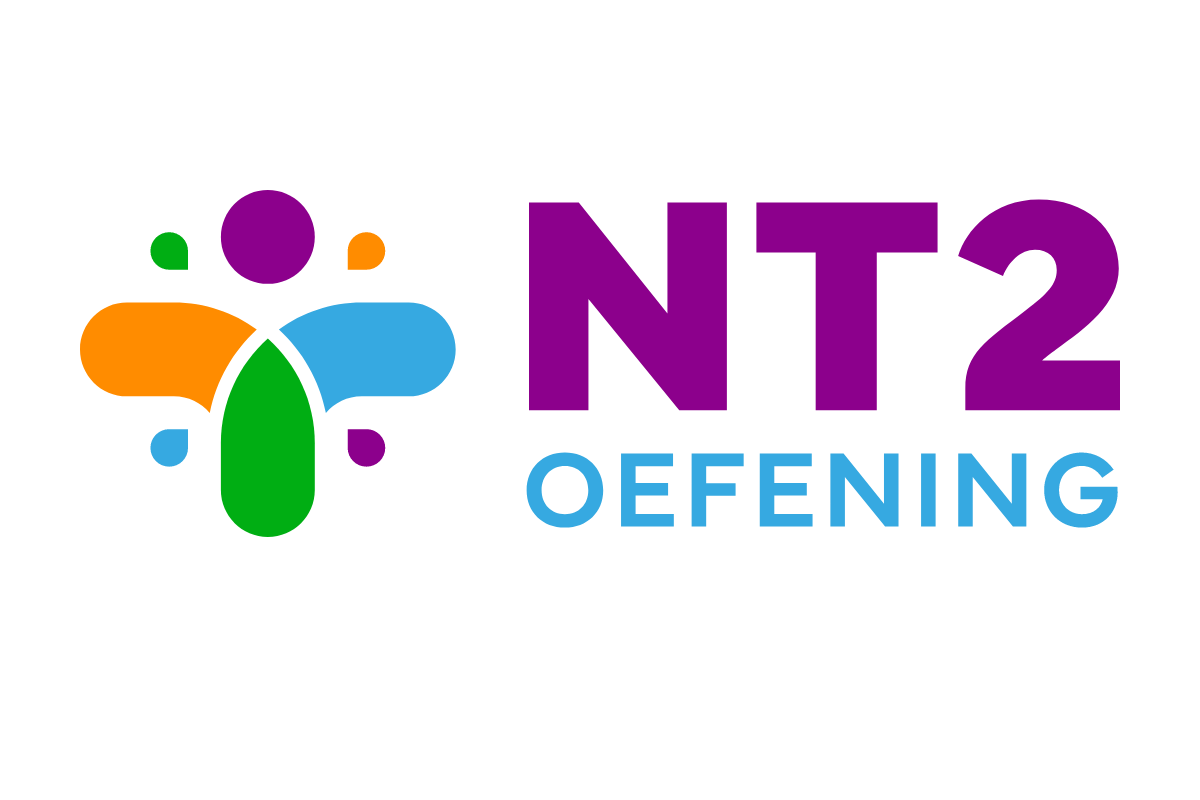Introduction: Unlocking Fluency in Dutch Speaking Skills
Mastering Dutch speaking skills is essential, particularly for those preparing for the Inburgering Exam. Now, we’ll explore effective tips and techniques tailored to enhance your ability to converse confidently in Dutch. Whether you’re a language enthusiast or preparing for the Inburgering Exam, these actionable insights will help you succeed.
1. Embrace Everyday Conversations: A Gateway to Fluency
Engage in daily Dutch conversations to cultivate a practical understanding of the language. Utilize common phrases like “Hoe gaat het?” (How are you?) to initiate dialogues and gradually build conversational confidence.
2. Expand Your Vocabulary: Verbal Richness Matters
Enrich your Dutch vocabulary consistently. Incorporate new words into daily interactions, such as discussing hobbies or describing your surroundings. This verbal diversity not only enhances fluency but also aligns with the linguistic demands of the Inburgering Exam.
3. Practice Pronunciation: Refine Your Articulation
4. Join Language Exchange Programs: Cultural and Linguistic Immersion
5. Role-play Scenarios: Real-world Conversational Simulation
Simulate real-life scenarios through role-playing. Practice conversations related to daily activities, shopping, or ordering food. This hands-on approach prepares you for diverse interactions, including those you might encounter during the Inburgering Exam interview.
6. Watch Dutch Media: Audiovisual Learning
Immerse yourself in Dutch media, including movies, TV shows, and podcasts. Exposure to spoken Dutch in various contexts enhances comprehension. Moreover, it helps you adapt to different accents and colloquial expressions in everyday conversations.
7. Take Pronunciation Classes: Guided Learning
Consider enrolling in pronunciation classes or hiring a tutor for personalized guidance. Professional assistance ensures focused improvement. Also, it helps you navigate the intricacies of Dutch sounds, contributing to your overall speaking proficiency.
8. Record Yourself: Self-evaluation for Progress
Record your Dutch-speaking sessions to self-evaluate and identify areas for improvement. Listening to your pronunciation and fluency provides valuable insights. Thus, you can track progress and refine your speaking skills effectively.
Conclusion: Speaking Dutch with Confidence
Elevating your Dutch speaking skills, especially for the Inburgering Exam, demands a proactive and multifaceted approach. By incorporating these tailored tips and techniques into your daily routine, you’ll not only enhance your conversational proficiency but also approach the exam with confidence. Keep practicing, stay consistent, and soon you’ll speak Dutch fluently, achieving success in your language journey
Nt2 Oefening is with you while you are learning the Dutch language. It offers a real-exam format with 99% similar content, question types, and topics. Thanks to its instant feedback on all the skills, Nt2 Oefening helps candidates check their mistakes without waiting. Explore our platform to succeed in the Inburgering and Nt2. Try it now!
Follow us on social media!

